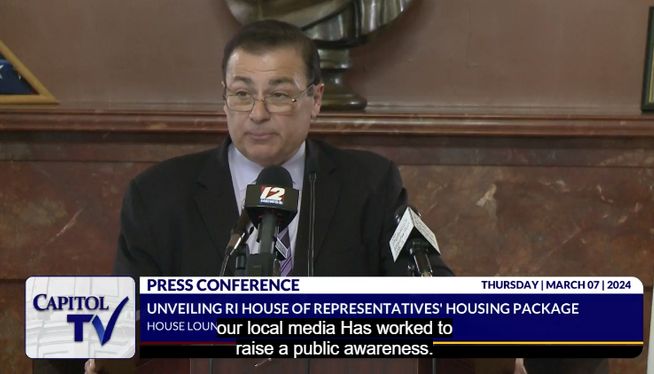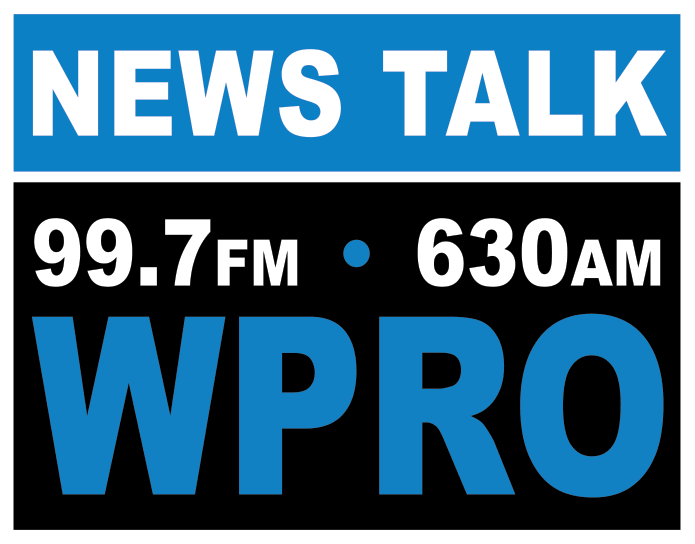
PROVIDENCE, R.I. (AP) — Rhode Island House Speaker Joseph Shekarchi is pushing a package of more than a dozen bills aimed at addressing the state’s ongoing housing crisis.
One proposal would give homeowners the right to develop accessory dwelling units for family members with a disability or on any lot larger than 20,000 square feet, provided the design satisfies building codes.
Another would allow manufactured homes that are constructed according to federal housing regulations to be an alternative to so-called “stick-built” wood frame homes where single-family housing is permitted.
Yet another bill would make clear that residential use is allowed in commercial and industrial zones unless public health or other safety concerns would prohibit the construction of homes.
Shekarchi said he wants Rhode Island to be a state where families can raise their children, where young people can live near their parents and hometowns, and where seniors can age in place with dignity.
“Unfortunately, Rhode Island does not have enough housing supply to keep up with demand,” he said in a statement. “Too many years of being dead last in the country for new housing permits have caught up with us.”
The proposals are the latest attempt to help ease the tightening housing market and soaring cost of living in Rhode Island, a shortage that is being felt in other nearby states including Massachusetts.
Gov. Dan McKee last year signed a series of housing bills that lawmakers created to help jump-start housing production in the state.
One bill signed into law by McKee would allow the reuse of commercial structures, such as mills, factories, hospitals, malls, churches, and schools, into high-density residential developments without the need to go before a municipal planning board for a zone change.
The law doesn’t take away the municipal review and permitting process for such developments, backers said.
McKee also wants Rhode Island voters to weigh in on four long-term ballot initiatives addressing infrastructure when they head to the polls in November.
One of the plans would let the state borrow $100 million to increase affordable and middle-income housing production, support community revitalization and promote home ownership, according to the administration.
The median price of single-family homes in Rhode Island hit $450,000 in August 2023, a more than 11% increase over the prior year according to the Rhode Island Association of Realtors.












